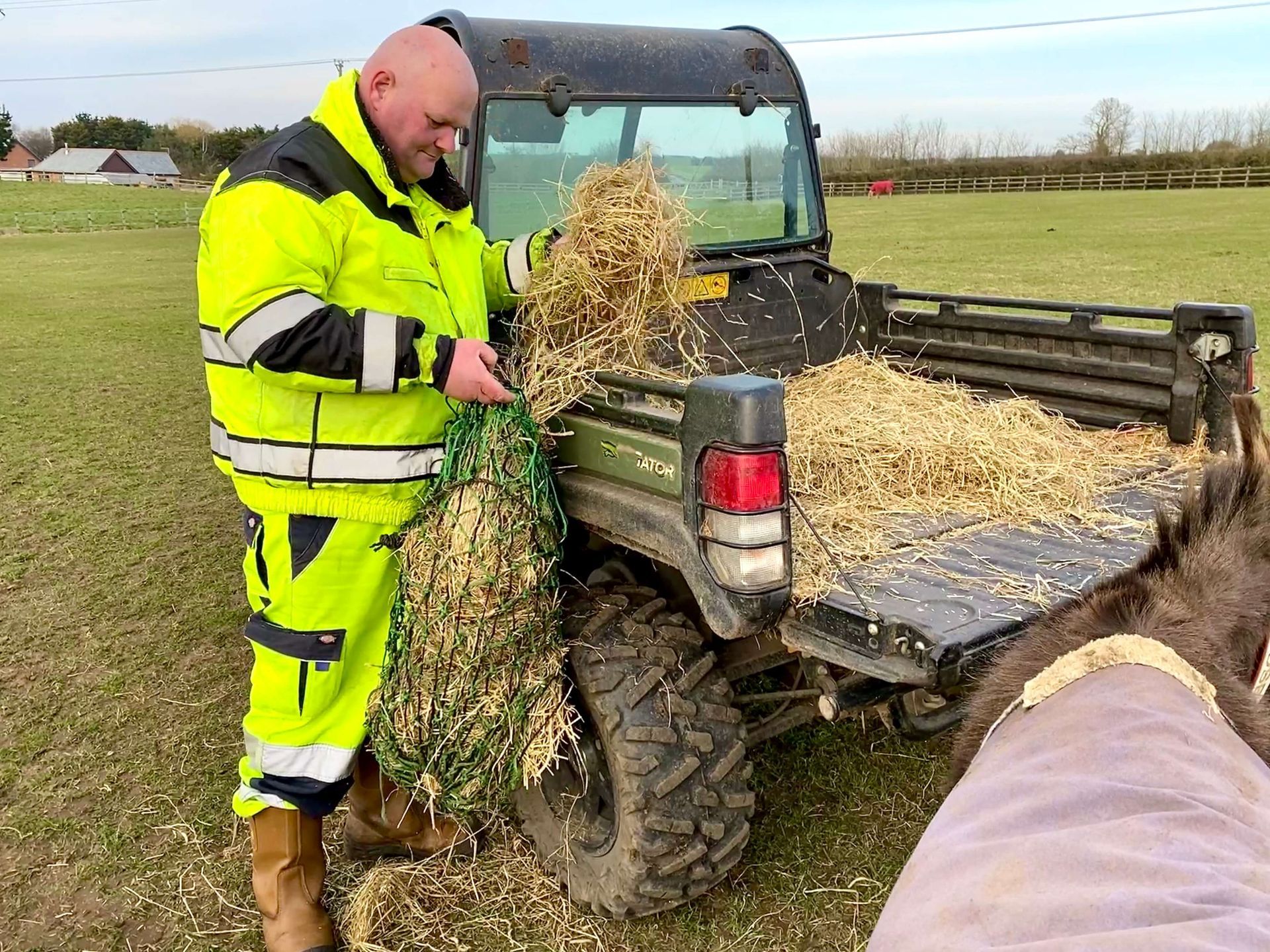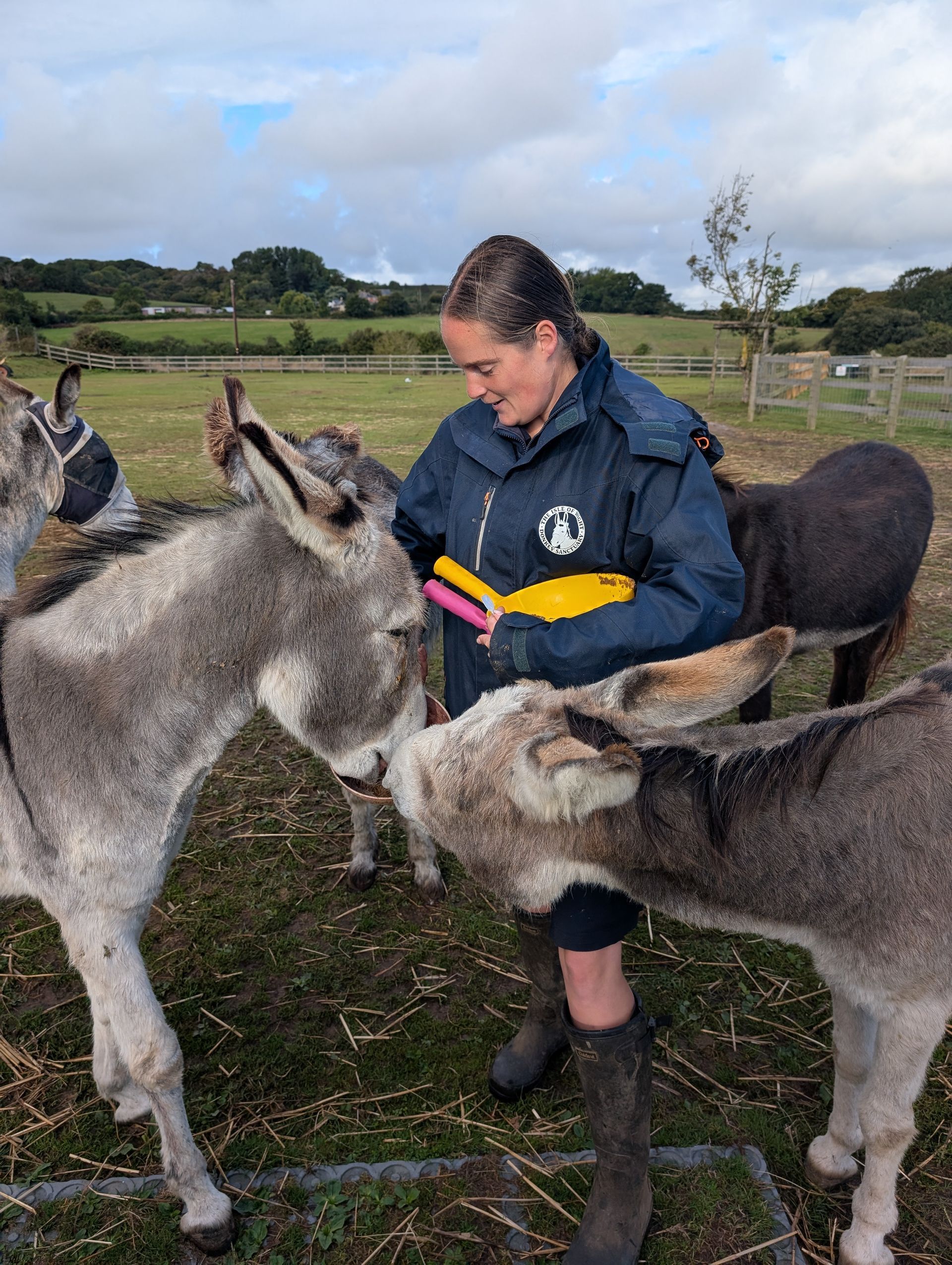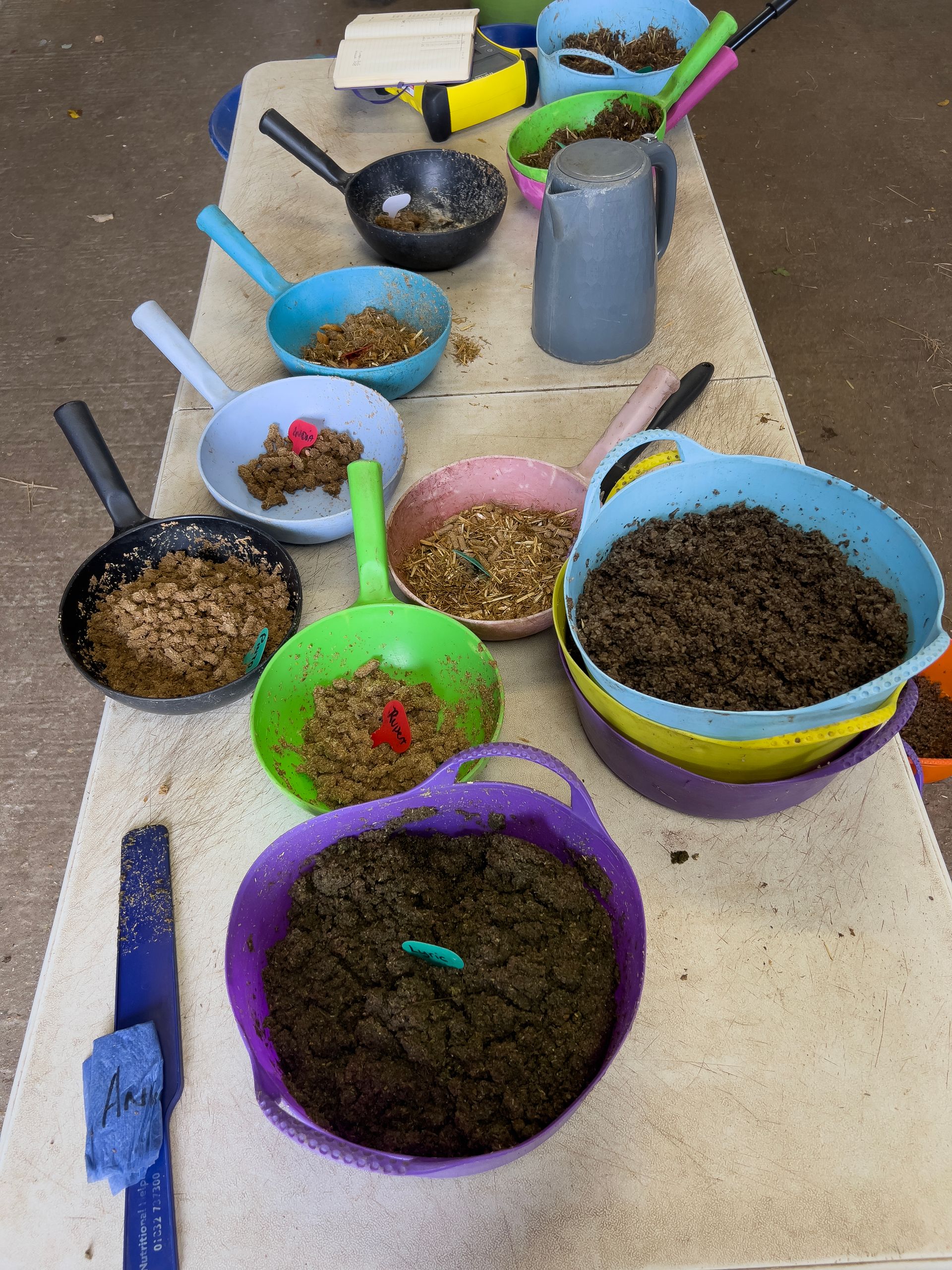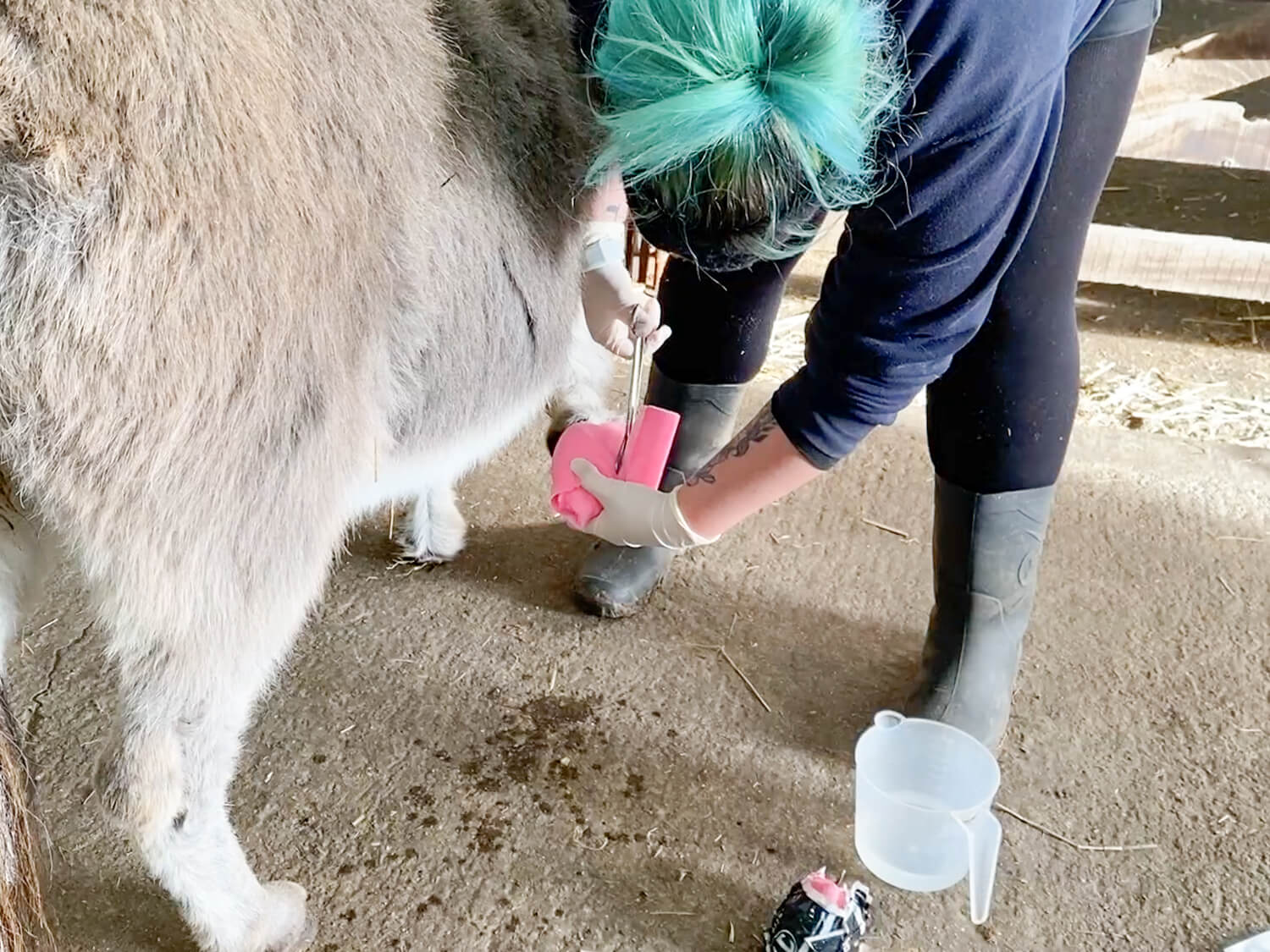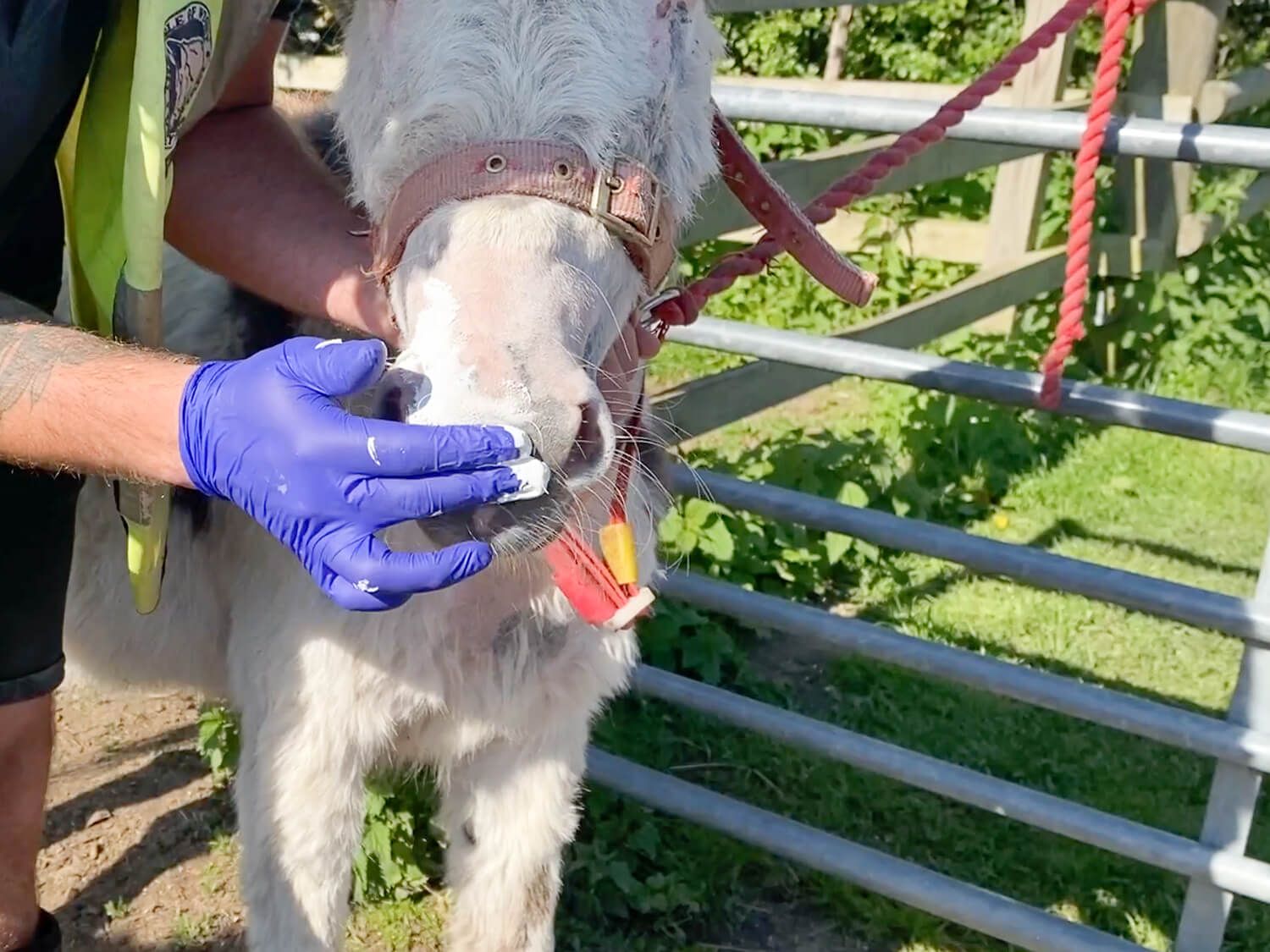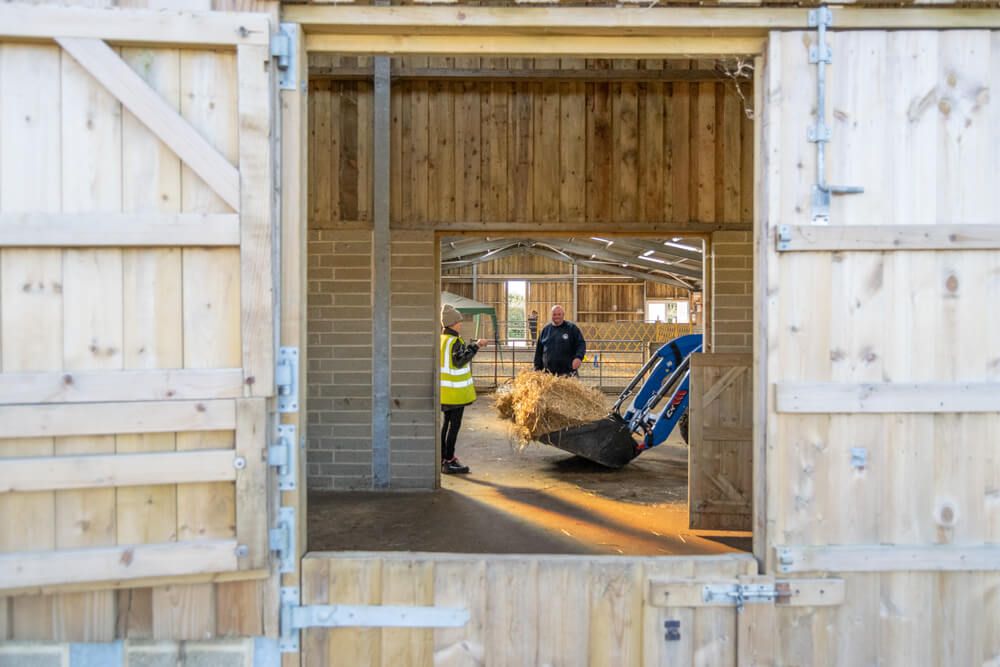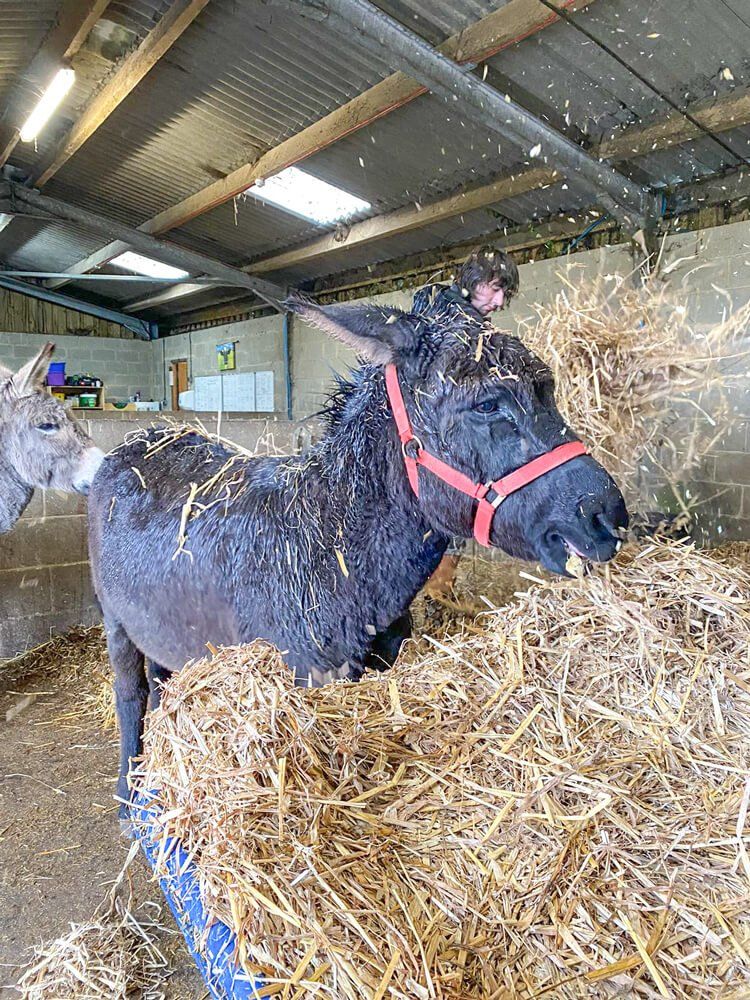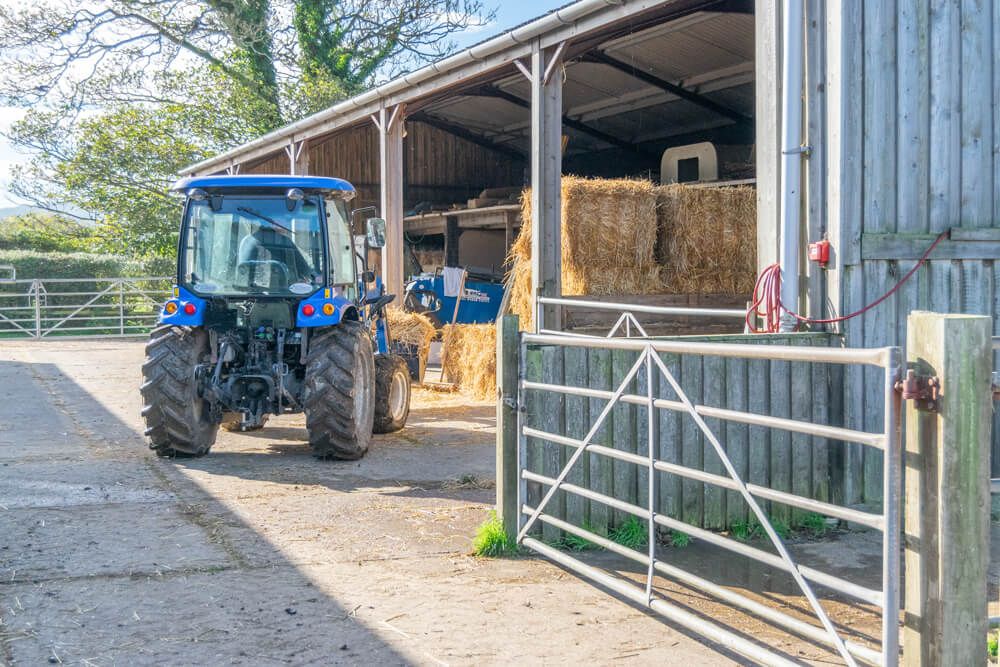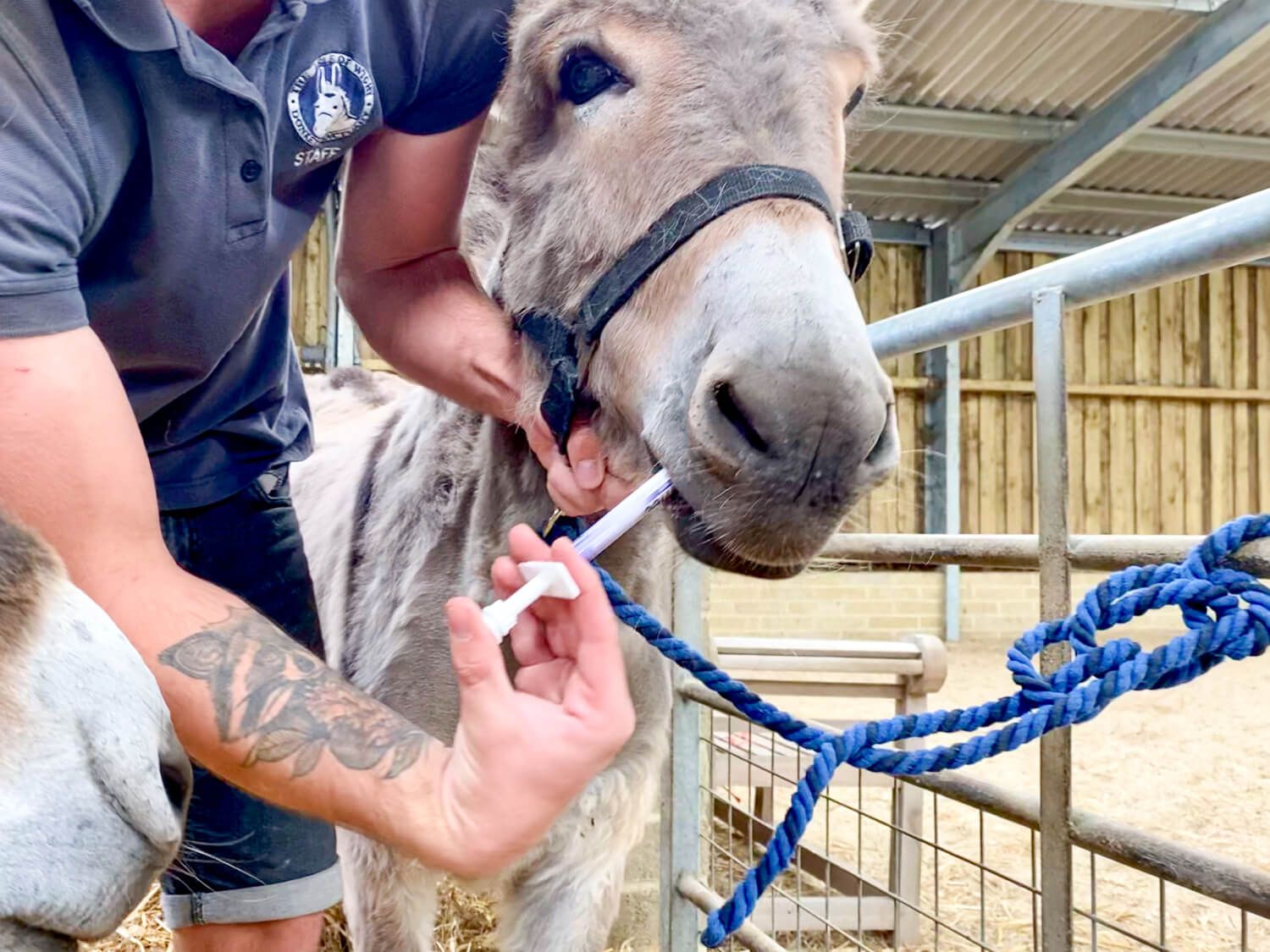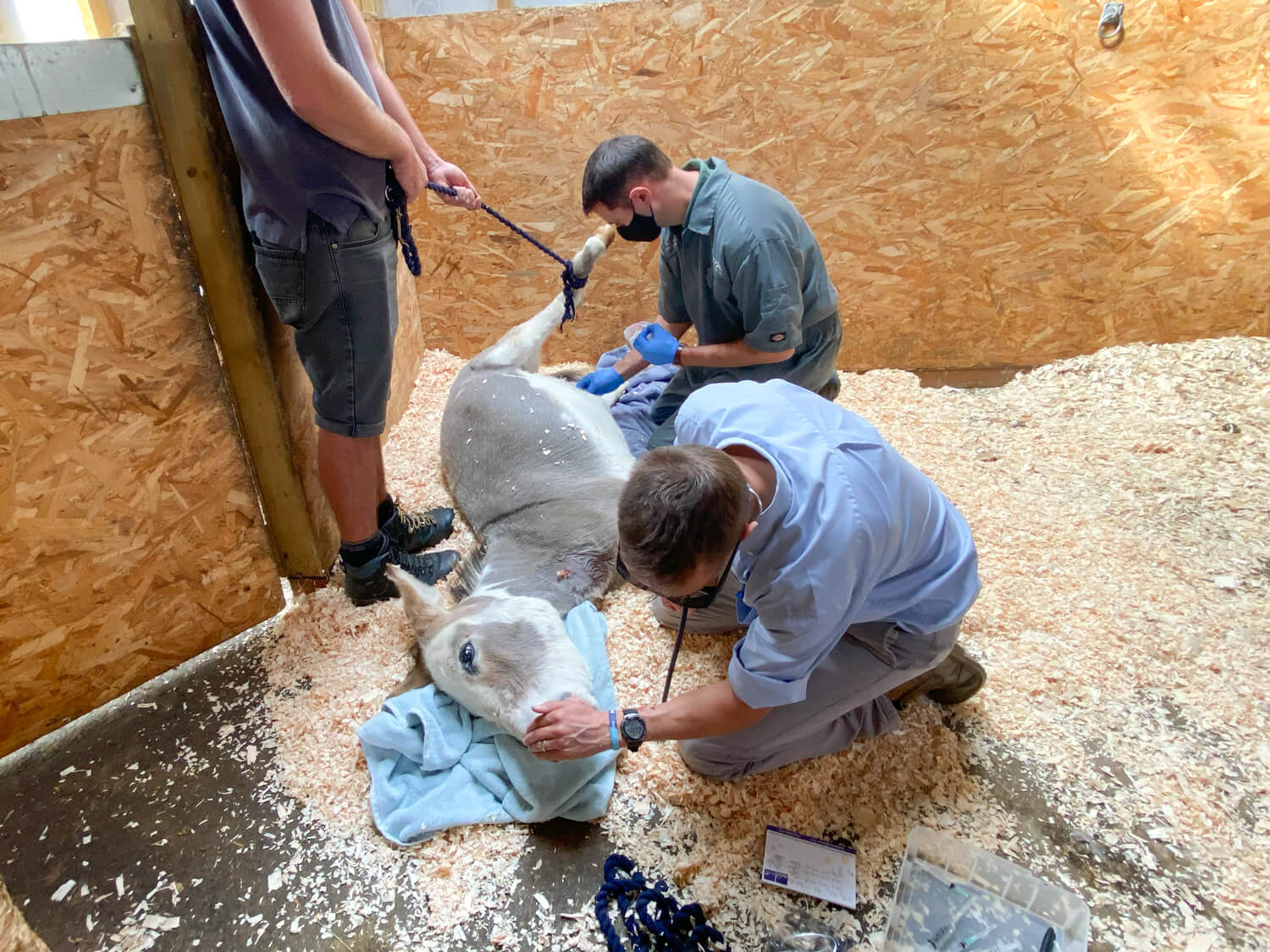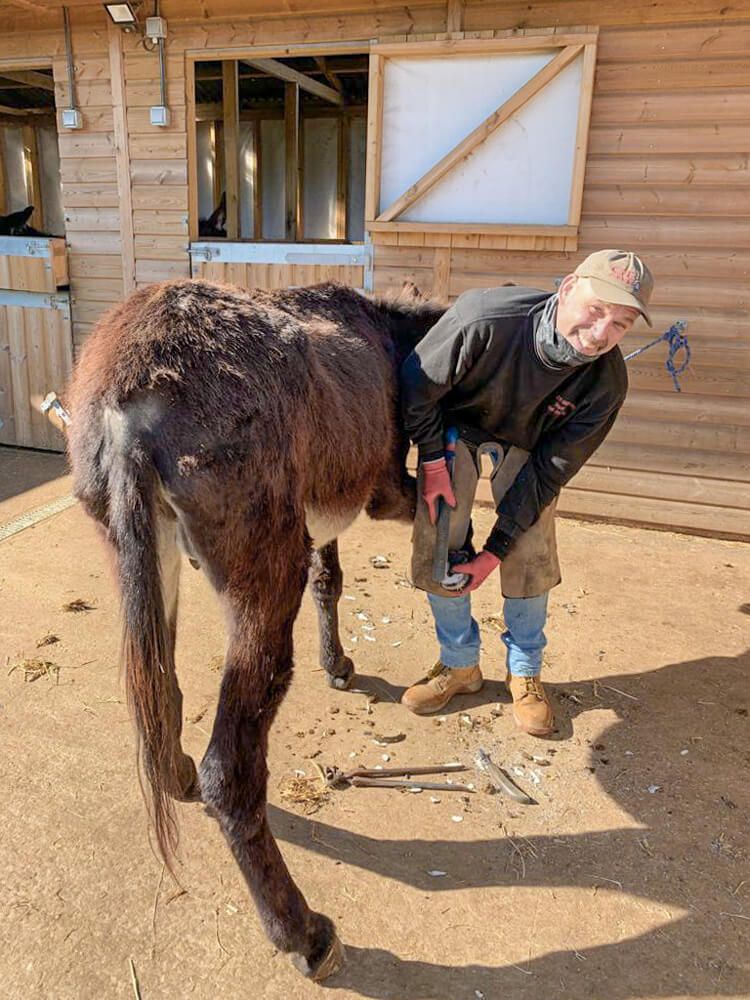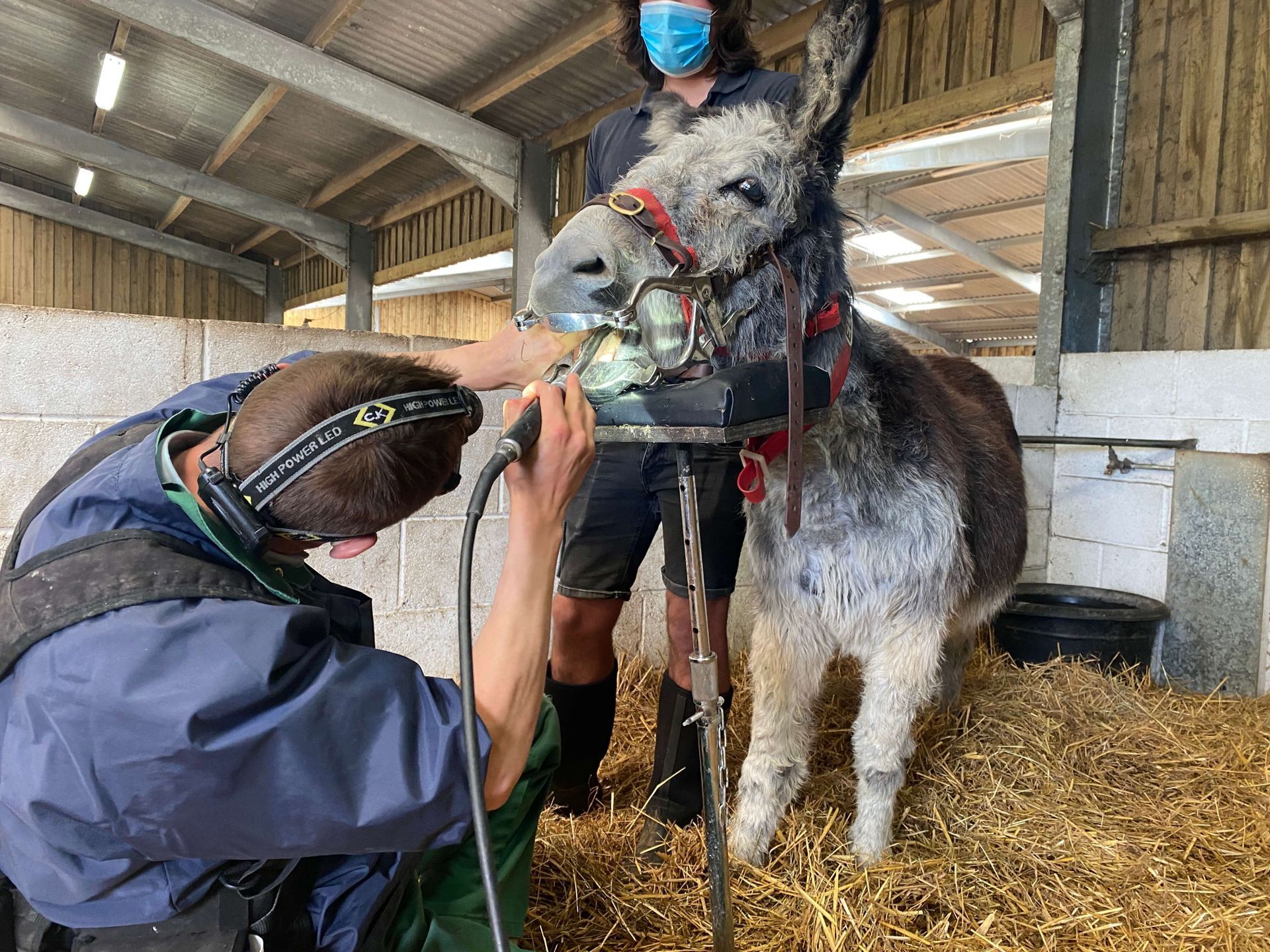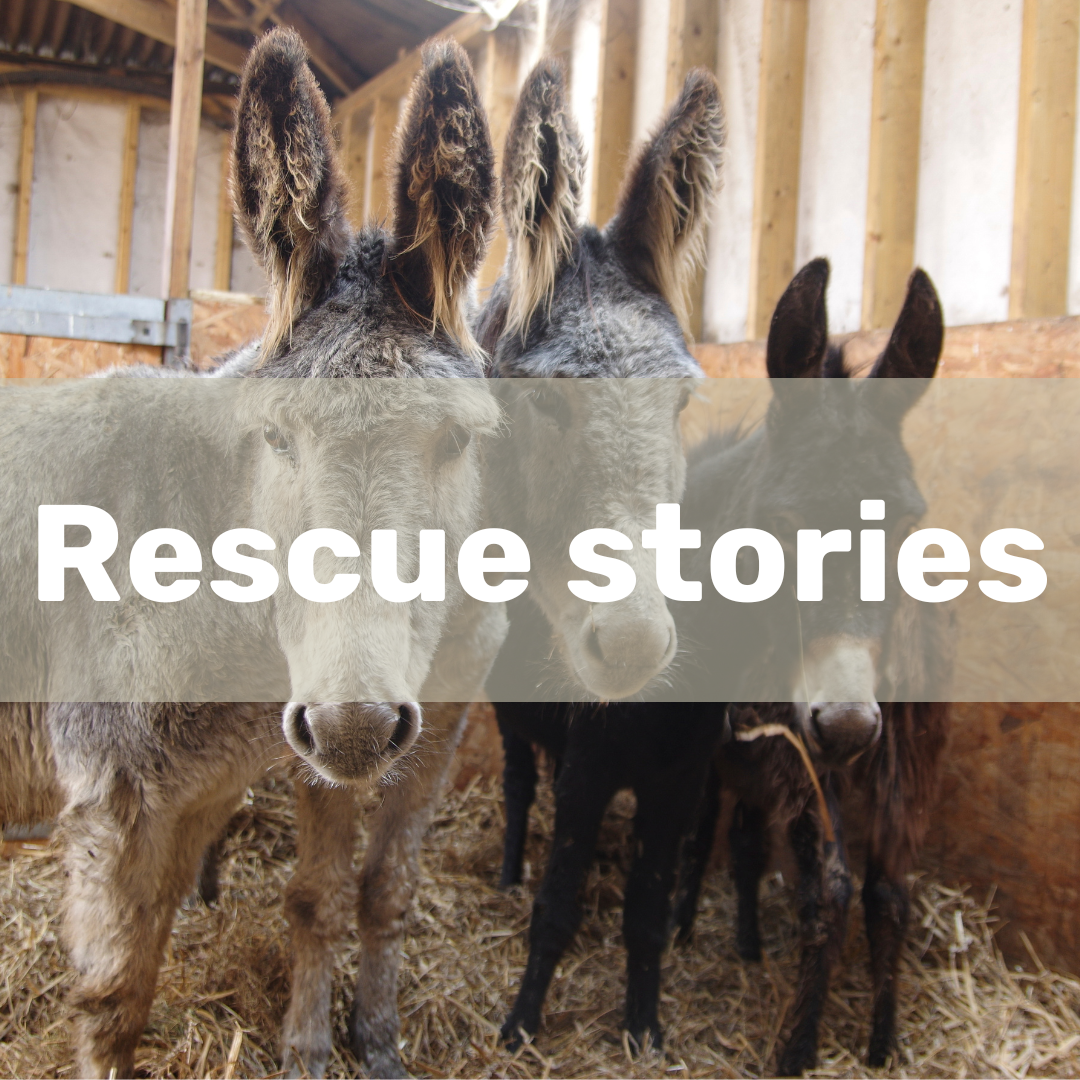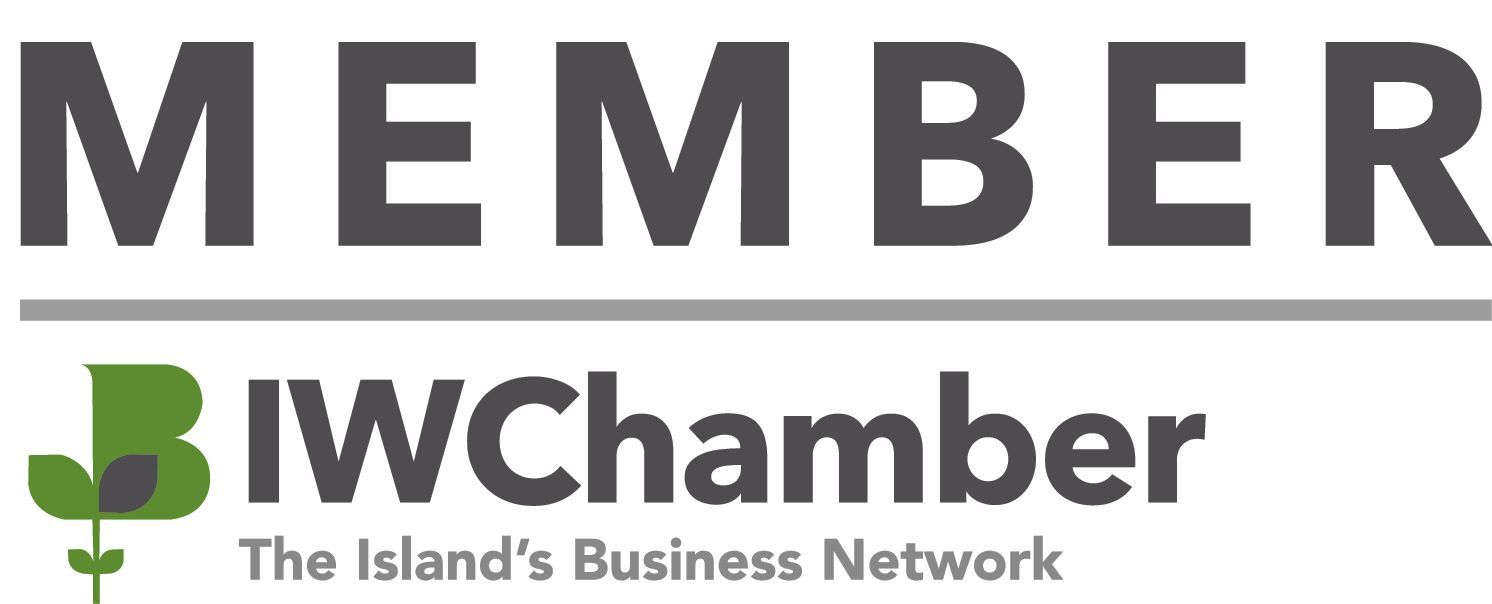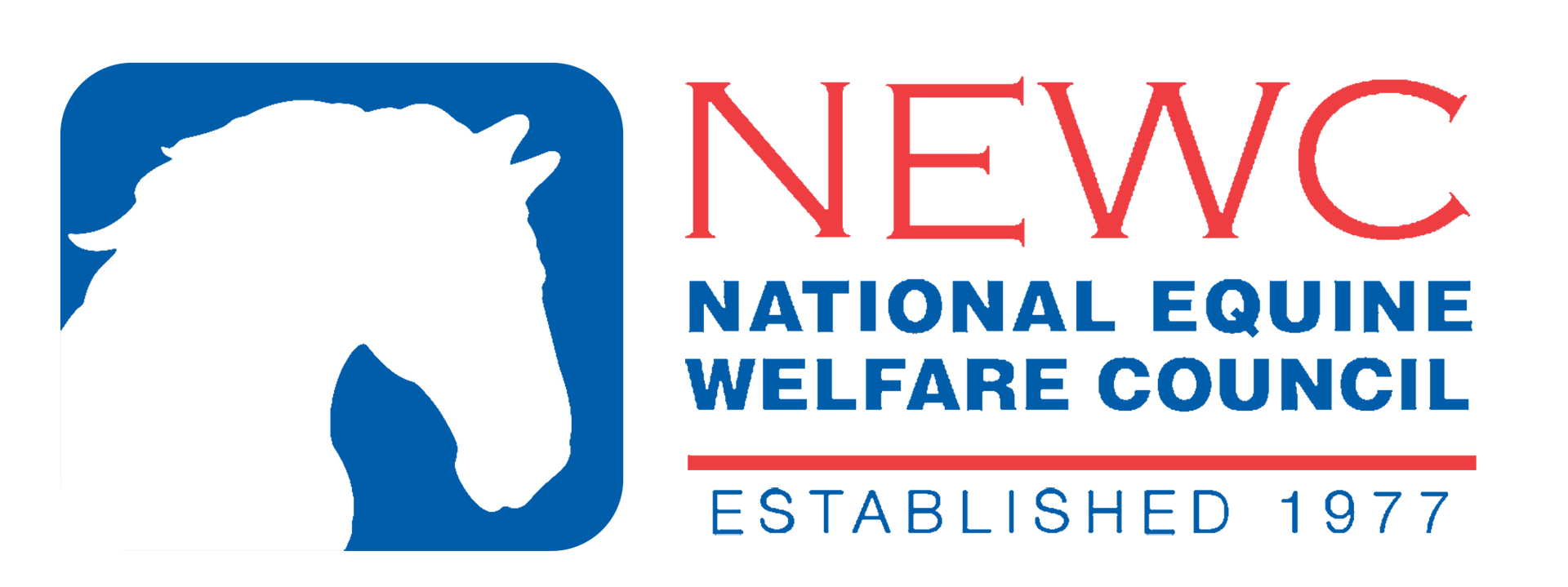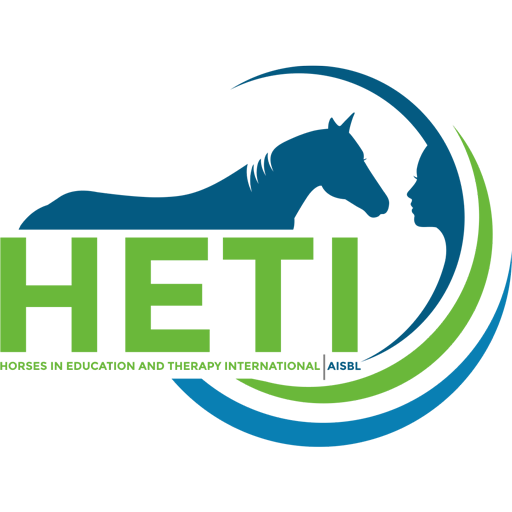How we look after our donkeys
Care and welfare
A day at the Isle of Wight Donkey Sanctuary for our staff starts early in the morning, to get everything ready for our visitors at 10am when we open.
We first start with breakfasts, distributing medications, and cleaning out all the beds.
Breakfasts vary depending on the herd and individual donkeys. Some have hay while others will have individual breakfasts that are tailored specifically to them.
Some of our animals need daily medications for a variety of conditions, both short and long term. These can include medications such as: Paracetamol, Bute, which is an anti-inflammatory pain relief; Prascend for animals with Cushings disease; Trimediazine, which is an antibiotic; Hepalyte, which is a supplement; along with a variety of others.
There are also a number of our animals that require eye drops such as Yellox, Maxitrol, Chloramphenicol, Viscotears, and Pred Forte, which in some cases can need to be applied 2 – 6 times throughout the day.
Along with medications, there are also other treatments that sometimes need doing each day. There might be wounds or sore skin to treat, hoof problems that need poultices, or some need some sun cream when it's sunny.
Inside our various barns there are lots of beds, usually made with straw, but some with shavings or pellets. Any beds that have been used overnight will all be cleaned and freshened up in the mornings. You will see our tractor and our farm vehicles being put to use to help with a lot of this work.
Along with cleaning out their beds, all of the fields also need to be cleaned and have the poo removed from them as often as possible. The fields need to be poo picked, not just so that it looks clean to our visitors, but also to aid in worm and fly control. We need to keep our grazing in the best condition that we can so that our donkeys and ponies can continue to use all of our fields.
It would be a lot of work to do all of our fields by hand, so luckily we have vehicles and equipment which sweeps the fields and picks up all the poo as it goes round. This saves a lot of time!
We also carry out other treatments that every one of our animals receive.
We have a worming programme we follow, so that every animal is wormed twice a year. This not only requires us to go round and give each animal their wormer, but they also all need to be weighed so that they can be given the accurate dose.
We have a few different treatments that we use to try and control lice. We use Deosect, lice powder, a tea tree mixture, and for some that are allergic to Deosect, they have a Dectomax injection instead. We use a few different treatments because lice can become resistant over time.
They all also receive regular vaccinations, regular dentals, and regular hoof picking and farrier visits, to keep them in the best condition that we can, and to be able to spot any problems as early as possible and make a treatment plan for them going forward.
We also use a RAG health system to keep track of what each animal's health status is. They will fall under either red, amber, or green.
Green animals – are the ones with no known health issues or have had issues in the past and are now over those issues. Usually young and healthy with no big problems.
Amber animals – Usually these are the ones that have long term issues or have a temporary issue that we can resolve.
Red animals – Sometimes these are animals that have just had an operation or some serious procedure and sometimes these are animals that we are watching very closely, and can often be older animals.

